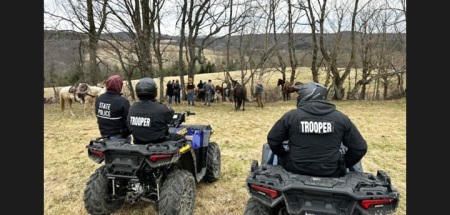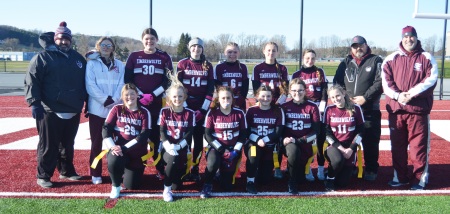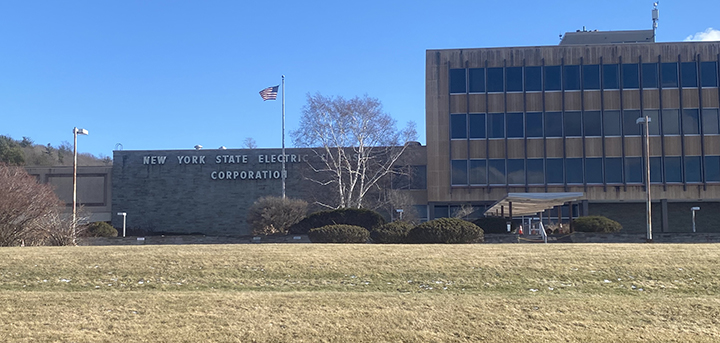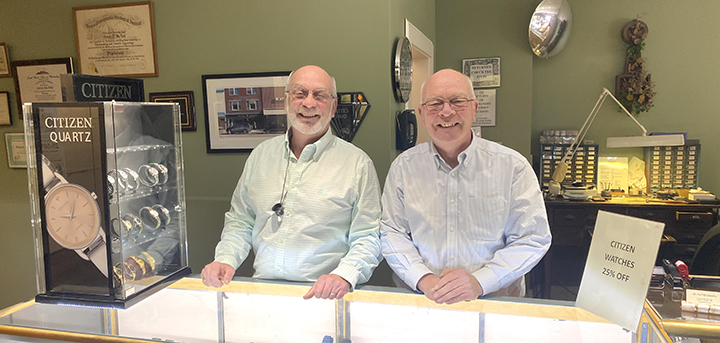Community Words Of Wisdom - Trust In The Time Of Pandemic
Published:
May 21st, 2021
By Sun Guest Columnist
Yusuf Harper, MD
Longtime community doctor
Of the things we know in the 18 months of heartbreaking stress and loss, is that we have much to learn. After 500,000 deaths, from among our loved ones, neighbors, co-workers, and those on the front lines, there remain many who still suffer the loss of health, and threat to their daily survival.
After all the disruptions to home life, school life, medical care, and business life, we still found help and reasons to be grateful. Many close by and far away, stepped up and stepped forward. Our communities, our charities, our houses of worship, our government and community institutions struggled mightily to come together on our behalf.
We learned that truly being connected is the backbone of societal function. We learned that cooperating with a diversity of approach in the end is more effective than any one-way plan. The COVID vaccination roll out in the US has been a remarkable example, illustrating how resolve, cooperation, and diversity can lead to a broad-based success despite adversity; and on the other hand, how divisiveness, lack of generosity, and a single-minded approach can lead to tragic ends.
The vaccines available in the USA are among the most outstanding achievement in the realm of public health, ever.
These vaccines rank with water sanitization, mosquito netting for malaria, and smallpox vaccination in the prevention of death.
They are exceptionally effective, and exceedingly safe. There has been no medical intervention on this scale that has been this safe in all of history. So how is it that some people remain hesitant, and doubt is common.
Think of this: it is 1500 times more likely to die of COVID-19 than to have a serious reaction to these vaccines. Only one person in over 200 Million doses has died of a serious reaction to the vaccine. So where is the disconnect?
Our beliefs come to us over time and starts in our earliest consciousness. These beliefs are based on our experiences, internal and external.
They start with the our mother’s warm embrace, our falling down and being picked up, our encounter with NO!, the words of our favorite teacher, input from our eyes and ears as we examine the world and read its lessons.
We test these experiences, developing and sharpening our trust. We are always, always honing our trust; as when I sit in that rickety chair, look into my partners eyes, or listen to those we take as leaders. In the end, what we call Life is Trust.
Many are those who think giving out facts removes doubt.
Many sow doubt to enhance their power. Neither demonstrates a caring attitude for those simply trying to live as best as they are able.
Those are folks who can’t ‘know it all’, can’t see the Big Picture, and have rational questions. Which is all of us. We cannot negate someone’s experience, their thoughts and fears. That IS their reality. As caregivers (all who want the best for their neighbors) we can only add to their experience. How? By increasing that most important of qualities, Trust. No one hears anything until they hear trust in the voice.
Facts are not facts until you trust the source.
Beliefs are not true, until your experience confirms them.
Years ago, we heard from President Reagan, an old Russian proverb, when speaking of a nuclear agreement; “Trust but verify”. We must trust, as the foundation of our lives, and to be successful we must verify.
Striving to do the hard work of trusting each other, requires us to test our beliefs, seek out the trustworthy, and build an attitude of gratitude.
The Evening Sun asked Dr. Yusuf Harper to share his thoughts on the ongoing vaccination drive and we are glad to share his remarks with our readers.
Dr. Harper is Board Certified by the American Board of Family Practice and a graduate of University of Colorado School of Medicine. He completed an internship at Ohio State University Hospitals and Family Practice residency at St. Mary’s Hospital and Medical Center, Grand Junction, Colorado. His clinical background includes over 40 years of family practice and emergency services experience in Minnesota, Colorado, Sayre, PA, and Norwich. In addition, Dr. Harper is an Assistant Clinical Professor, State Unviersity of New York Clinical Campus in Binghamton. He has practiced in the local area for the past 20 years, at least nine of which were in the emergency department at UHS Chenango Memorial Hospital.
He is now mainly retired but remains a community volunteer, helping at vaccination sites around the county.
Comments






